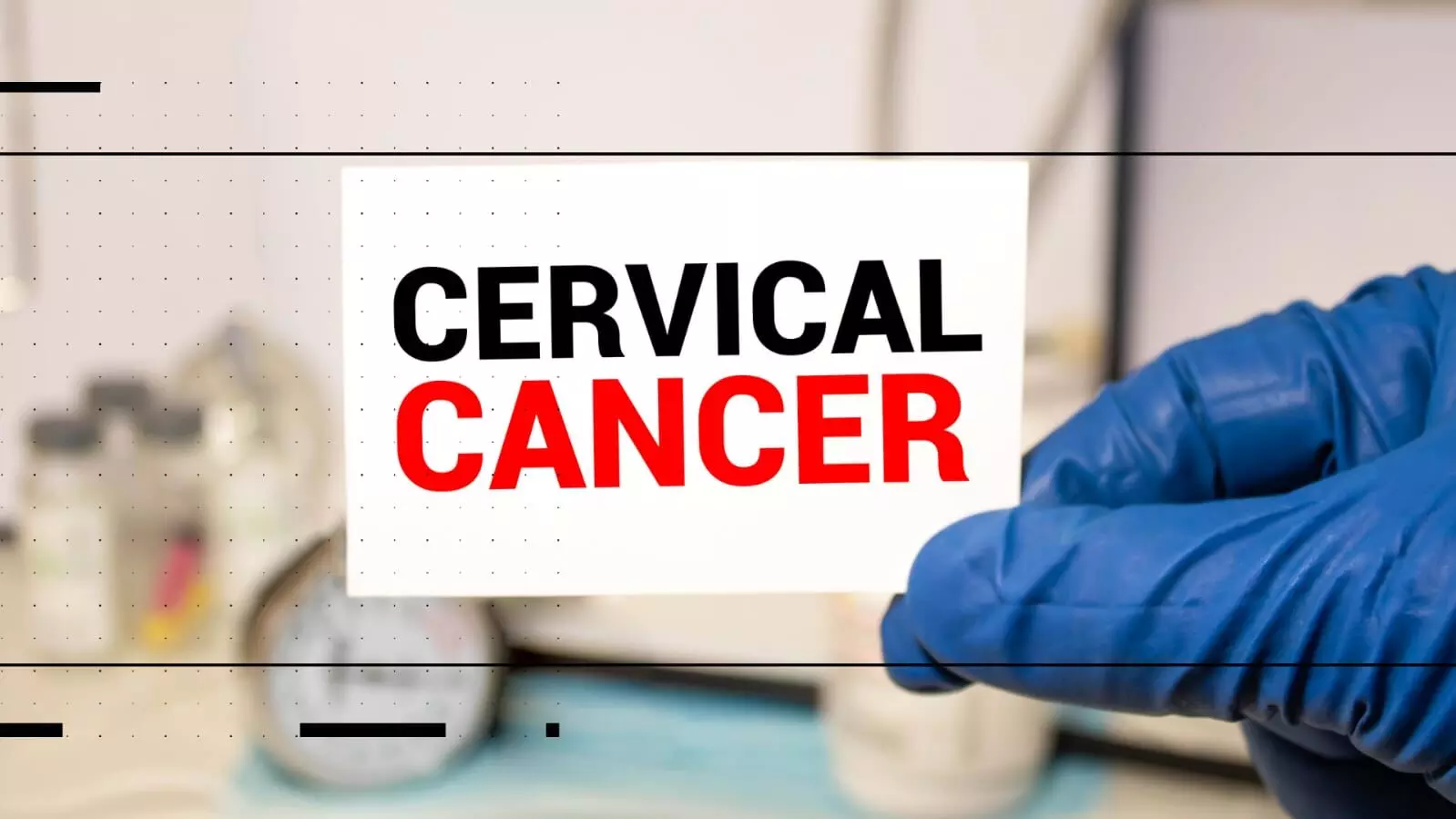Fact Check: Does HPV vaccine for cervical cancer cause infertility?
Here is all you need to know:
By Sunanda Naik
Hyderabad: Days after actor-model Poonam Pandey’s fake death controversy, several posts about cervical cancer have gone viral on social media. One such post claimed that the HPV vaccine, taken for cervical cancer, causes infertility among young women and their children run a higher risk of developing Down’s syndrome.
HPV vaccine has a deadly Side-effect of causing cervical cancer along with infertility.The child to be born to such ladies has a higher risk of developing Down's SyndromeWhy has there been a separate budget allocation for HPV vaccination by @nsitharaman @PMOIndia_RCAsk her? pic.twitter.com/zYc3vk5KwQ
— BhumiPutra (@Bhumiputra36) February 2, 2024
The viral tweet read, “HPV vaccine has a deadly side-effect of causing cervical cancer along with infertility. The child to be born to such ladies has a higher risk of developing Down’s Syndrome. Why has there been a separate budget allocation for HPV vaccination by @nsitharaman@PMOIndia_RC (sic)”
Fact Check
NewsMeter found that the claim is false as there is no scientific evidence yet to prove that the HPV vaccine can interfere with fertility.
Dismissing the claim that the HPV vaccine causes infertility, Dr Vinod Raina, MD physician and sexologist said, “There is no core scientific study that talks about the HPV vaccine to interfere in the fertility of a woman. Cervical cancer begins when there is an unattended cyst, growth of cells or any infection. HPV vaccine is one way to prevent the cancer from growing. Getting vaccinated is completely safe.”
Centers for Disease Control and Prevention further states that ‘CDC is aware of public concern about the safety of HPV vaccine. Since the vaccine’s introduction in 2006, vaccine safety monitoring and studies conducted by CDC, FDA, and other organizations have documented a reassuring safety record. There is no current evidence that HPV vaccines cause reproductive problems in women.”
A study also proved the HPV vaccine to be safe for women.
Dr Vinod further added, “Cervical cancer commonly occurs if one has multiple sex partners. Initially, if the patient is having STD, gonorrhea, chlamydia or genital herpes, there is a high chance of the patient getting human papillomavirus or HPV. HPV types (16 and 18) are known to be responsible for 70 percent of cervical cancers and precancerous cervical lesions.”
Dr Vinod added, “There are many tests available but Pap smear is widely done to diagnose cervical cancer. It involves collecting cells from your cervix followed by a microscopic examination to check for abnormalities. Other than this your healthcare provider might also advise you to go for an ultrasound, CT scan or MRI of the lower abdomen.”
Addressing the issue, the World Health Organisation stated that the reasons for low HPV vaccine coverage include concern about the safety of the vaccine among parents and adolescent girls, including fear that it could cause infertility and anxiety. However, it should be noted that trials have found no association of the vaccine with infertility.
Hence, it is evident that the HPV vaccine is safe. Book an appointment and consult with your healthcare provider before getting vaccinated.